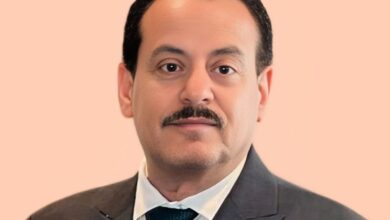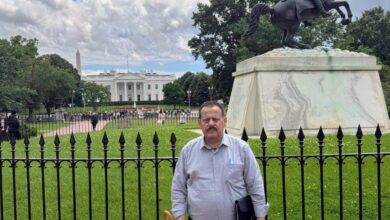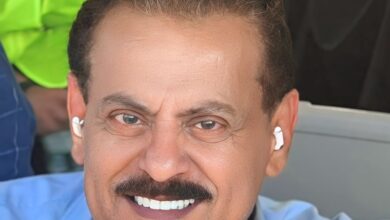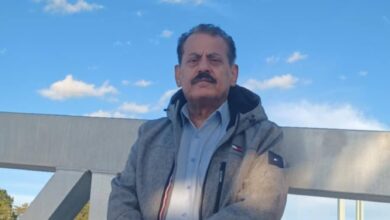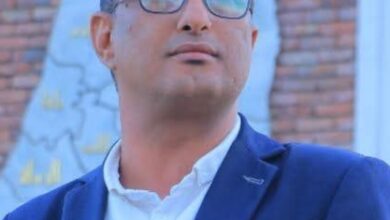From This Reality I Came!
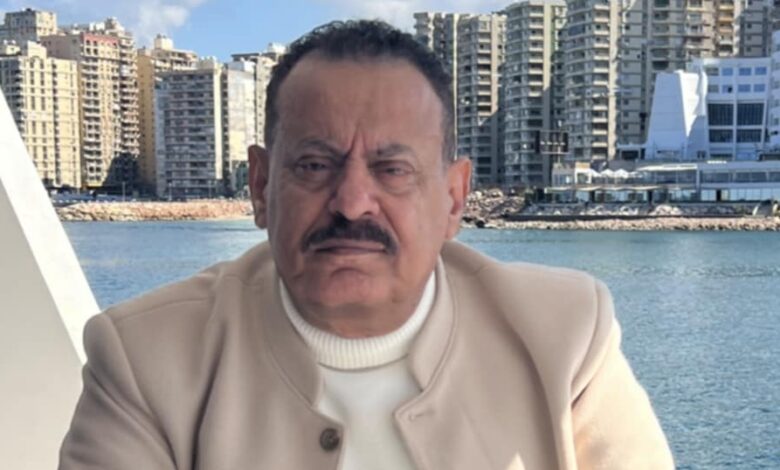
Yemenat
Ahmed Saif Hashed
The inhabitants of our rural areas are generally poor, with some living in dire poverty, enduring a harsh existence and miserable conditions. They toil from dawn until dusk in search of a decent livelihood, earning their daily bread through hard work and sweat. In our mountains, securing a meal is a formidable challenge that can break both hearts and nails.
Our mountains are steep and towering, with precious little fertile soil. The trees struggle against the mud and thirst, while the roots of the Sedr, the thorny bush, and “Asaq” push through rocks and earth, carving a path with patience and defiance. It is a relentless struggle against fate, met with unwavering resilience.
In the summer nights, sleep is elusive, often disrupted by irritation or conflict. Mosquitoes hover around, waiting for a feast of your sweetened blood—blood that has been kept awake by worry. Their buzzing provokes you, annoying your ears and inviting you to battle. You cover your face and turn away, but the night envelops you in its suffocating grip.
If you dare to expose your face to the air, they attack from every direction. You must spend part of the night in struggle, lighting a fire with a handful of dried cow dung to drive them away with smoke, only to fall asleep exhausted from the fight, while your inner turmoil refuses to let you rest.
In winter, the frost bites at your face, and the repeated cold brings what we call “habar.” There is no peace or comfort, neither in winter nor summer; our days are filled with struggle and hardship.
Farming is seasonal, and most seasons “fail to yield.” Many clouds appear promising, seemingly heavy with rain, but soon you discover they are deceptive, bearing no drops at all. The whims of fate are numerous; only a few seasons bless us with rain from sowing to harvest.
During dry spells, water is scarce. Women engage in fierce battles for hours to fetch water from distant sources. Sometimes a woman spends a third of her day or a quarter of her night just to secure a single jug of water, no more than twenty liters.
They return from their struggles, often with their hearts in their throats. Hunger gnaws at our bellies, and the belt of poverty is cinched tight, accompanied by malnutrition. Death roams freely, claiming those it desires, often taking children and youth, the blossoms of life. In our regions, three fears have always converged: poverty, illness, and ignorance, compounded by despair and hardship.
The days of Eid al-Fitr and Eid al-Adha’a are the joyful highlights of the year, moments when happiness rarely finds room outside these occasions. Most people buy new clothes just once a year, wearing them for Eid al-Fitr and then saving them for Eid al-Adha’a, hoping to “kill two birds with one stone,” as the saying goes. I love birds and would never harm them.
Few can afford to buy clothes twice a year. The garments purchased are modest in price and quality. We do not know where they come from or which country produced them. We are unaware of their type or brand; it suffices that they are new, bought from the market, to wear with joy on the long-awaited day of Eid.
In our rural areas, the struggle for life has been bitter. Deprivation is our home, never absent nor forgotten, like a close companion. The rare is always beyond our reach.
Most people eat beef during Eid al-Adha’a, while few can afford mutton more than twice a year; they might taste it during a birth or a death. If you wish to eat chicken breast outside of festive days, you must either be ill or have a loving caretaker who cares for you.
* * *
As for me, I never felt comfortable with the idea of having a rooster or chicken slaughtered for my sake. Perhaps I stubbornly resisted, challenging the notion, believing that even if I were stricken with fever or my bones ached from illness, my conscience was too sensitive. I did not want to be the cause of shortening a life or taking a soul.
I often refrained from indulging my desires to prolong the life of a rooster or chicken, finding happiness in their continued existence. I was always acutely aware of this sentiment.
However, my mother devised a method—perhaps she learned it, or remembered it, or it was a way to entice me to overcome my refusal to have a rooster or chicken slaughtered. She told me that if she sacrificed a rooster or chicken, she could foresee who would die soon by examining a hole in the breastbone of the bird, which would reveal if the impending death was of a young or old person. We would then await news of who would pass away soon.
My mother would inspect the breastbone; if it leaned towards redness, she would say rain was coming in the next few days. She did the same when slaughtering a cow, examining a bone we called “Al muk’hafa.” I recall one day she told us that a significant figure would die, and shortly thereafter, President Jamal Abdelnasser passed away. We had loved him dearly.
Our family was relatively large, so the meat of the rooster or chicken was divided among my siblings and father, with me receiving the breast or the larger portion. My mother would allocate the gullet to the elderly, the neck to the owner of the threshold, the wing to the ambitious child, and the breast, which we called “Al sukab,” was always reserved for me. I don’t recall who got the legs and head, but my father received the gullet, perhaps with a little something extra.
As I grew older, I realized that changing consciousness is a difficult and complex endeavor that requires much effort. Transforming reality from human existence to compassion for animals exceeds my capacity. I cannot impose my own rules in a world I feel is rife with chaos and disorder, burdened by customs and traditions that have been ingrained in society for perhaps thousands of years.
From this society and this difficult reality, I came—one I entered reluctantly, with suspicion, or without choice. A community that needs a thousand miracles and a thousand years to become what I dream it could be. I dream of a world unrealized, or impossible to attain.
* * *


